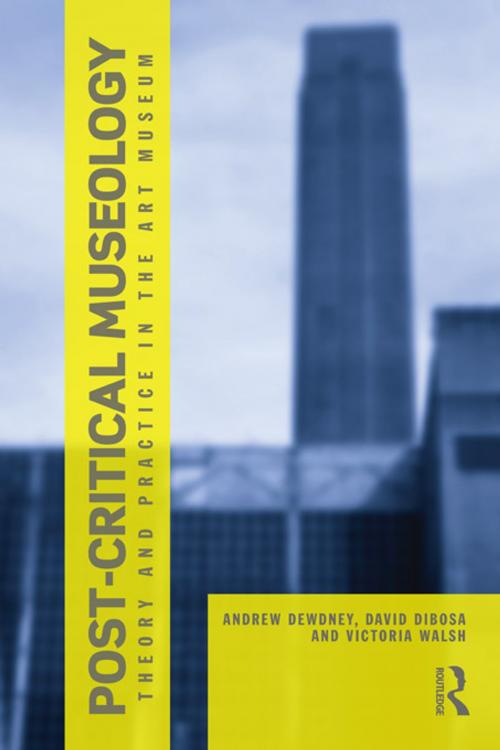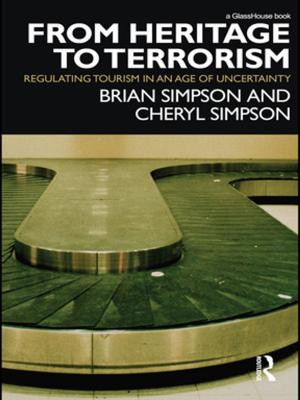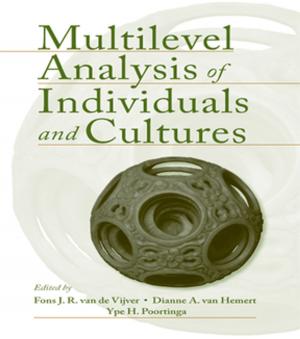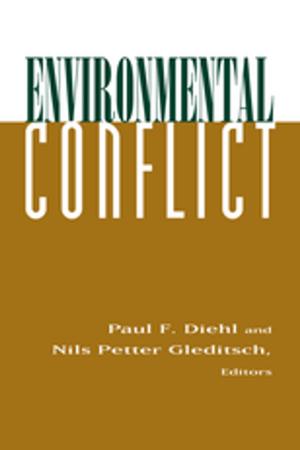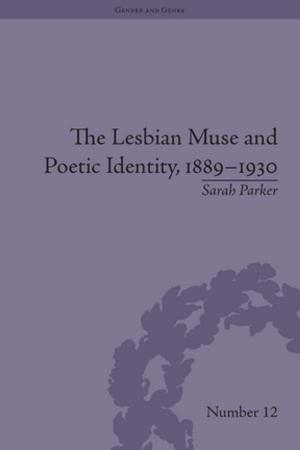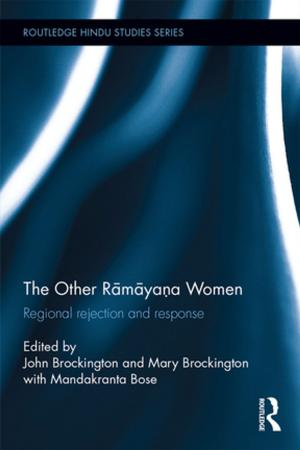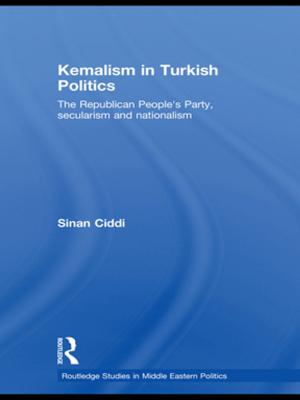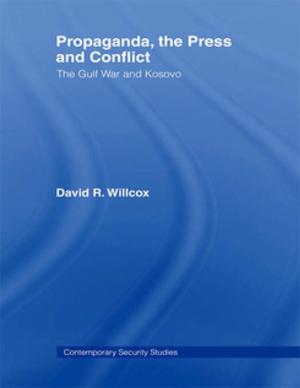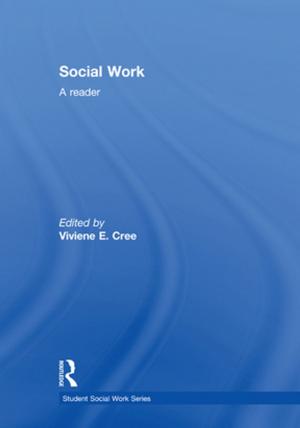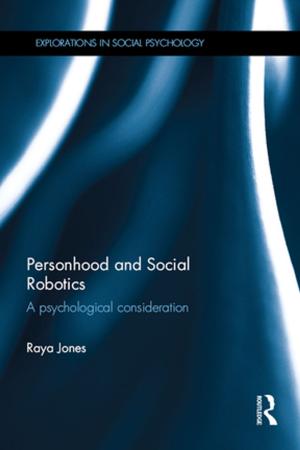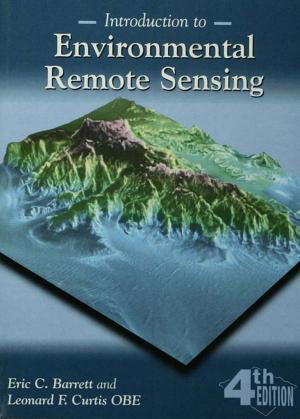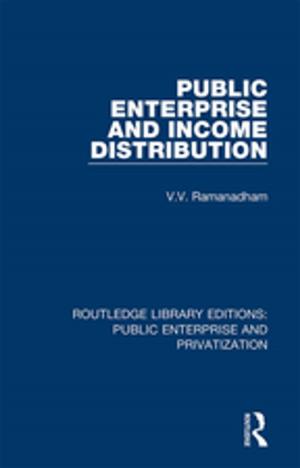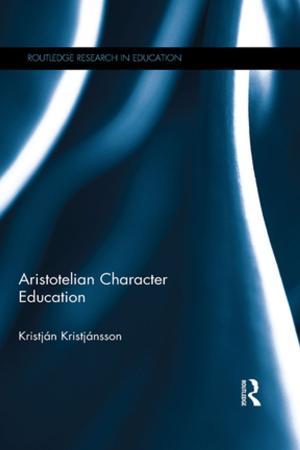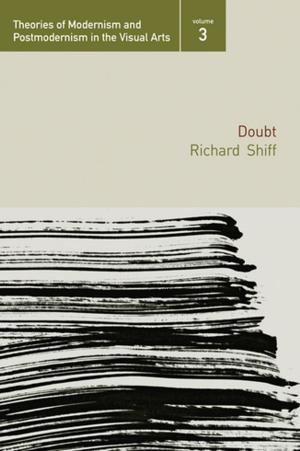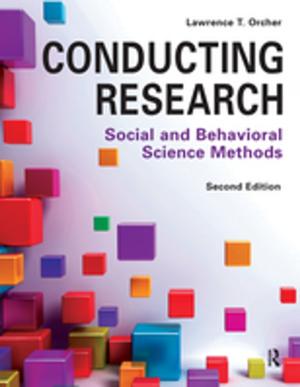Post Critical Museology
Theory and Practice in the Art Museum
Nonfiction, Social & Cultural Studies, Social Science, Archaeology| Author: | Andrew Dewdney, David Dibosa, Victoria Walsh | ISBN: | 9781136192678 |
| Publisher: | Taylor and Francis | Publication: | January 25, 2013 |
| Imprint: | Routledge | Language: | English |
| Author: | Andrew Dewdney, David Dibosa, Victoria Walsh |
| ISBN: | 9781136192678 |
| Publisher: | Taylor and Francis |
| Publication: | January 25, 2013 |
| Imprint: | Routledge |
| Language: | English |
Post-Critical Museology considers what the role of the public and the experience of audiences means to the everyday work of the art museum. It does this from the perspectives of the art museum itself as well as from the visitors it seeks. Through the analysis of material gathered from a major collaborative research project carried out at Tate Britain in London the book develops a conceptual reconfiguration of the relationship between art, culture and society in which questions about the art museum’s relationship to global migration and the new media ecologies are examined. It suggests that whilst European museums have previously been studied as institutions of collection, heritage and tradition, however ‘modern’ their focus, it is now better to consider them as distributive networks in which value travels along transmedial and transcultural lines.
Post-Critical Museology is intended as a contribution to progressive museological thinking and practice and calls for a new alignment of academics and professionals in what it announces as post-critical museology. An alignment that is committed to rethinking what an art museum in the twenty-first century could be, as well as what knowledge and understanding its future practitioners might draw upon in a rapidly changing social and cultural context. The book aims to be essential reading in the growing field of museum studies. It will also be of professional interest to all those working in the cultural sphere, including museum professionals, policy makers and art managers.
Post-Critical Museology considers what the role of the public and the experience of audiences means to the everyday work of the art museum. It does this from the perspectives of the art museum itself as well as from the visitors it seeks. Through the analysis of material gathered from a major collaborative research project carried out at Tate Britain in London the book develops a conceptual reconfiguration of the relationship between art, culture and society in which questions about the art museum’s relationship to global migration and the new media ecologies are examined. It suggests that whilst European museums have previously been studied as institutions of collection, heritage and tradition, however ‘modern’ their focus, it is now better to consider them as distributive networks in which value travels along transmedial and transcultural lines.
Post-Critical Museology is intended as a contribution to progressive museological thinking and practice and calls for a new alignment of academics and professionals in what it announces as post-critical museology. An alignment that is committed to rethinking what an art museum in the twenty-first century could be, as well as what knowledge and understanding its future practitioners might draw upon in a rapidly changing social and cultural context. The book aims to be essential reading in the growing field of museum studies. It will also be of professional interest to all those working in the cultural sphere, including museum professionals, policy makers and art managers.
